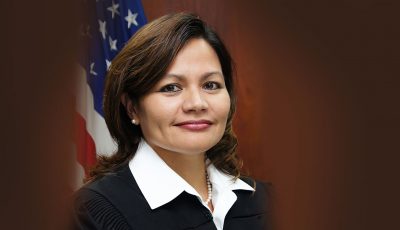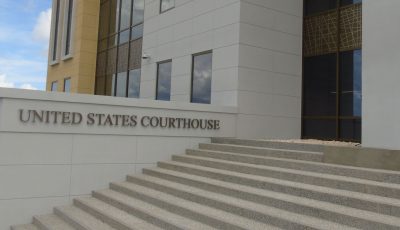‘Universal settlement’ explored in fake recruitment case
The U.S. government and the lawyer of a former recruiting assistant who is being sued for allegedly faking a claim of nominating four potential soldiers to the Army National Guard are exploring a “universal settlement.”
The lawyer for the U.S. government, assistant U.S. attorney Mikel W. Schwab, and the lawyer of Ana Maria A. Mendiola, Robert T. Torres, have asked the court—for the third time—to give Mendiola more time to respond to the lawsuit.
Schwab and Torres said the extension is needed so they may explore a “universal settlement” of all possible charges and obligations of Mendiola.
The parties said Torres has been communicating with the U.S. Attorney’s Office and expects an outcome within 14 days from last Feb. 28.
U.S. District Court for the NMI Chief Judge Ramona V. Manglona gave Mendiola until March 14, 2017, to respond to the complaint.
Schwab alleged in the civil complaint that Mendiola, who is a resident of Rota, received a total of $7,000 for the four fraudulently claimed potential soldiers.
The U.S. government is suing Mendiola for four counts of violation of False Claims Act, one count of unjust enrichment, and one count of payment by mistake.
Schwab asked the court to hold Mendiola liable to pay the U.S. government $21,000 for damages, as well as penalties and court costs.
From 2005 to 2012, the Army National Guard ran the Army National Guard Recruiting Assistance Program, where recruiting assistant get incentives for recruiting soldiers.



























